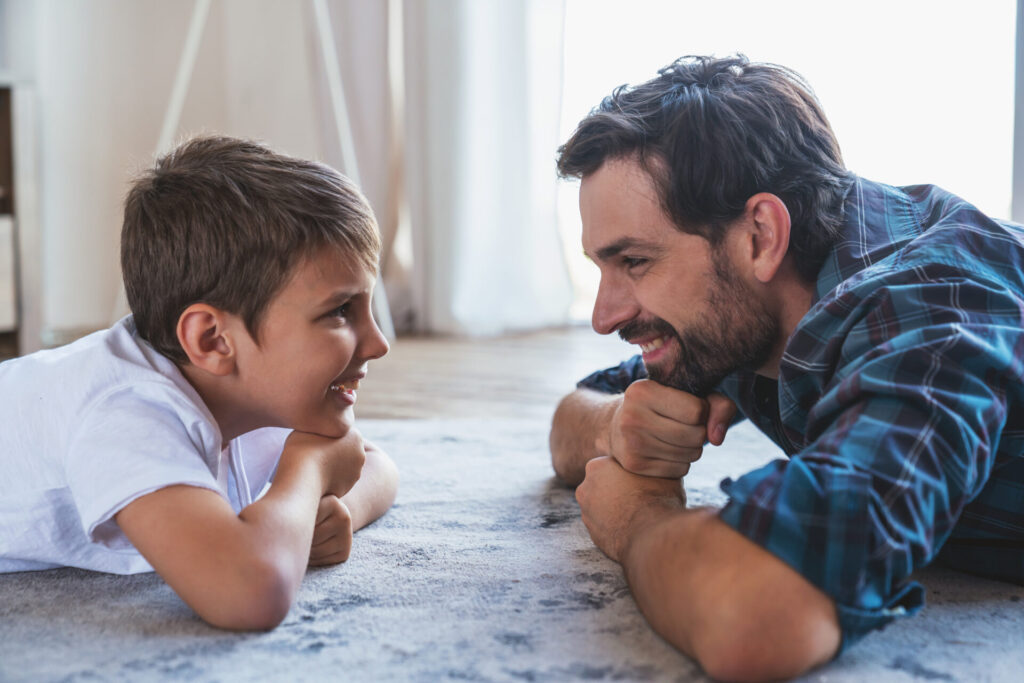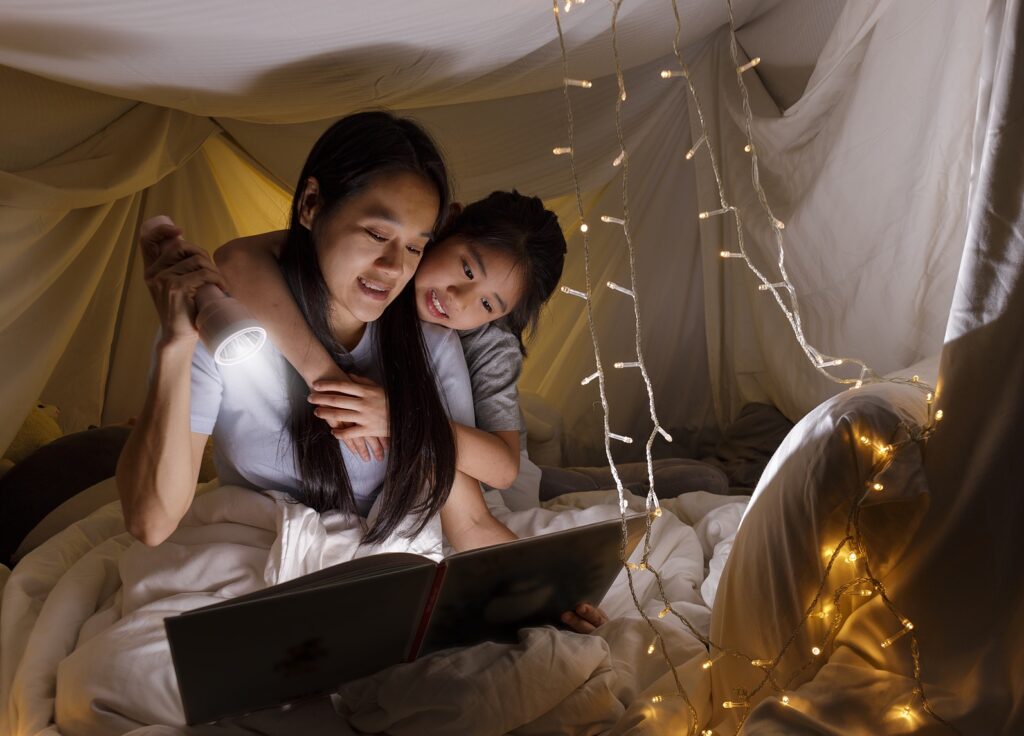 Camp staff just about everywhere and adults raised with the camping experience will tell you summer camp isn't only about recreation. More than anything, they say camp teaches individuals about life and how to live it well. It's a unique place to learn.
Camp staff just about everywhere and adults raised with the camping experience will tell you summer camp isn't only about recreation. More than anything, they say camp teaches individuals about life and how to live it well. It's a unique place to learn.
Stop the summer learning slide
Numerous studies show that over the summer, students can lose up to the equivalent of 2.6 months of what they've learned during the school year. By keeping kids' brains active, alert and acquiring knowledge, camp offers the chance to stem summer learning loss.
Nature's classroom
Lessons learned in textbooks can be reinforced and extended by experiential learning in a natural setting – as can kids' awareness of the environment, conservation and “greening” practices, such as recycling. A family vacation at the cottage will get kids outdoors, but it won't provide them with the focused peer group and the co-operative learning chances of camp.
Peer learning and play learning
Both are powerful ways to acquire knowledge and camp offers ample chances for each. Camp provides a stimulating community of peers, who often learn more effectively from each other than from adults.
Proven research: An amazing season of learning … and more
Anyone who thinks camp is all about fun and games is missing the point, says a professor heading up a five-year study on the impact of camp. “When people look at camp, they see fun. But that's not what camp is about. What's really important, and the value of the experience, is what kids learn,” says Troy Glover, associate professor in the Department of Recreation and Leisure Studies at the University of Waterloo. “Summer camp is a very effective teaching environment because it makes learning enjoyable,” Glover says.
Camp offers a place of experiential and contextual learning, notes fellow academic Stephen Fine, whose 2005 PhD thesis examined the unique learning environment of residential camp. “Camps can create specific learning opportunities that can link into the school curriculum. You can use math skills on a ropes challenge course. You can study the environment, physics or astronomy around a campfire. A canoe trip can include a history lesson or a lesson in geography.” The beauty of it, Fine says, is that kids don't think of it as work when they are looking up at the night sky and pointing out the constellations.
The learning experiences at camp are positive, which creates powerful opportunities for acquiring and retaining knowledge, says Fine, chair of educational research for the Ontario Camping Association and owner of The Hollows Camp. “Camp is a learning setting that is often motivational through the fun and camaraderie of peer and staff interaction, interesting settings and physically dynamic activities,” Fine wrote in his thesis. “A camp setting is an ideal educational environment as it provides optimal challenges, right sources of stimulation and a context of autonomy.”
However, both Glover and Fine agree that most important lessons learned at camp have nothing to do with a classroom curriculum. “Getting up in front of the whole camp to do an announcement or lip synch or perform in a play—people see these activities as trivial, but they are missing the point. They contribute to kids gaining self-confidence in front of a large group,” Glover says.
Campers learn they are able to do things on their own, without their parents, Fine notes. “They have to take responsibility for themselves, for their space, for their belongings, and their whole self-concept starts to improve.”
Linda Cameron, associate professor in the Curriculum, Teaching and Learning department at the Ontario Institute for Studies in Education, sees the chance for social and emotional growth as keys to the camp experience. “Kids can be self-centred. At camp, they learn to be group-centred,” she says.
Camp also provides lots of moments for independent play among groups of children, a crucial opportunity that overprotected urban children are often denied these days, Cameron notes. “This type of child-led and spontaneous free play is very important, and is a real learning experience, where children learn to socialize and navigate their interactions with others and to problem solve.”
All three academics agree that the “soft skills” children gain from camp are by far the most important and will have a lasting impact. “If you look at developmental psychology, these sorts of soft skills are what make the difference to children in the long term. It's the kids that possess those soft skills that end up successful,” Glover says. Camp teaches you how to be a good citizen. “Really, camp teaches you how to be successful in life.”
“If we could bring the camp environment to school, I think more kids would succeed,” Glover adds.
“Summer camp is a very effective teaching environment because it makes learning enjoyable.If we could bring the camp environment to school, I think more kids would succeed.” — Troy Glover, Associate Professor, University of Waterloo, Recreation and Leisure Studies
The learning and educational benefits of summer camp
was originally posted by ourkids.net. Our Kids is Canada's trusted source for information on private schools and summer camps.









